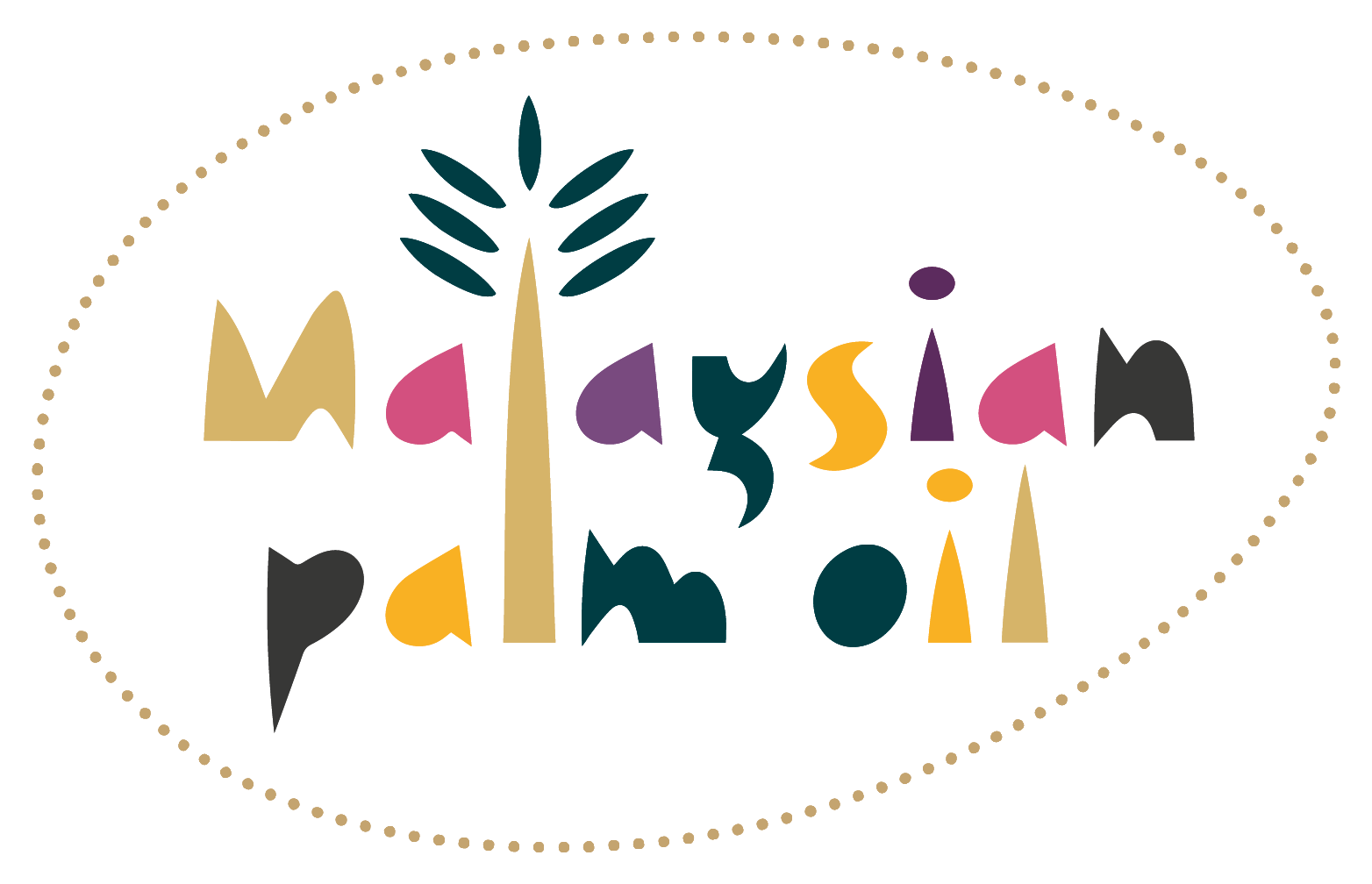Thereâs a debate emerging over Sustainable Aviation Fuels (SAFs) with different countries taking different approaches to meet global climate goals. Malaysia is carving out a niche as a sustainable aviation fuel hub, leveraging its palm-based low-emissions vegetable oil production to meet all approaches.
However, a new report out from the Wall Street Journal documents the EUâs efforts to limit this promising solution to reduce greenhouse gas emissions.
The definitions of âsustainableâ aviation fuel have long been subjective â debating the origins and chemical makeup of the SAF in question. Palm SAFs, in particular, have been called into question most abundantly, but Europe must understand that all approaches have their merits, with the common goal of making air travel more sustainable â and it can do so.
The EU’s ReFuelEU mandates a minimum SAF blend for all flights departing from EU airports, starting at 2% in 2025 and reaching 70% by 2050. Itâs part of the EUâs broader suite of GHG emissions reduction programs. At the heart of Refuel EU is its own government definition of sustainable â and it specifically excludes any food-based crops.
The US is taking more of an incentive-based approach. The US Sustainable Aviation Fuel Grand Challenge Roadmap initiative aims to achieve large-scale SAF production and use by 2030, addressing challenges in technology, regulation, and supply chain development. There are also incentives provided under the Inflation Reduction Act.
The US definition is aligned with the global approach used by the ICAO (the International Civil Aviation Organisation), which is known as the Carbon Offsetting and Reduction Scheme for International Aviation (CORSIA).
CORSIA serves as a global framework to harmonize SAF standards across different regions and countries. To qualify as sustainable under CORSIA, aviation fuel must demonstrate a significant reduction in greenhouse gas emissions. It must achieve at least a 10% reduction in emissions compared to conventional jet fuel, considering the entire lifecycle of the fuel from production to use, and it prohibits the use of biomass from lands converted after January 2008 that were previously primary forests, wetlands, or peatlands.
Two certification schemes can be used for CORSIA fuel: ISCC (International Sustainability and Carbon Certification) and the Roundtable on Sustainable Biomass (RSB).
Malaysiaâs becoming a SAF hub
Malaysia is becoming something of a hub for SAFs, and itâs taking an approach that should theoretically accommodate both the EU and international approaches.
- First, as a hub for used cooking oil (UCO) recycling, which means that it can meet the non-food requirements for the EU standard.
- Second, as a hub for low-emissions hydrogenated vegetable oil (HVO), which forms the basis for SAFs from plant feedstocks.
Malaysian palm oil meets the CORSIA standards
Malaysiaâs record on deforestation is significantly better than many other nations involved in oil palm cultivation, meaning much of Malaysiaâs plantation area will meet the 2008 cutoff. In addition, Malaysia’s palm oil industry has invested heavily in advanced processes yielding aviation fuel with lower greenhouse gas emissions compared to many other feedstocks, by using methane-capture systems. The life cycle analysis of Malaysian palm oil-based SAF shows a significant reduction in carbon emissions, often exceeding the reductions achieved by other biomass-based fuels.
The clear advantage for Malaysia in the region is that it already serves as a hub for conventional fuels, whether for bunkers, aviation or land transport, with a low-cost base. There is also a clear cost advantage for production in Malaysia â and the region â as has always been the case with renewable fuels. This is further buoyed by access to the regionâs large used cooking oil market.
The size of this market â and access to used cooking oil from across the region â is growing. There is vast potential to collect and process UCO, which would otherwise be a waste product, into the feedstock for a sustainable aviation future that can reduce GHG emissions by 45 to 90 per cent.
Thereâs no doubt that the demand for SAFs will continue to grow. The incentives created by the EU and the US are likely to spread across other markets also. Demand is expected to more than double between now and 2030 â and Malaysia has a clear role to play in supplying that demand.
